World powers cannot reject Iran's proposed drafts; sanctions must be removed: Chief negotiator
Iran’s chief negotiator says the two drafts Tehran has presented to the five remaining parties to a 2015 landmark nuclear deal during the latest round of talks in the Austrian capital of Vienna “cannot be rejected,” urging once again the immediate removal of all the United States' sanctions.
“Iran’s proposals to the world powers cannot be rejected. They are based on the provisions of the 2015 agreement,” Ali Baqeri-Kani said in an interview with the Doha-based Al Jazeera broadcaster on Friday, referring to the nuclear deal, formally known as the Joint Comprehensive Plan of Action (JCPOA).
Baqeri-Kani, who serves as Iran's Deputy Foreign Minister for Political Affairs, added that Tehran would deliver a third proposal once the first two were accepted.
Regarding the details of the proposed drafts on the removal of sanctions and nuclear issues, he said the important point is that the two parties agreed on the foundation of negotiations which is the same nuclear deal of 2015.
"What we have presented is the malfunctions and the blunders which were in the text of the [JCPOA] draft and we presented some modifications," the Iranian chief negotiator added.
He emphasized that all nuclear-related sanctions that the US imposed on Iran following its unilateral withdrawal from the JCPOA three years after its conclusion should be removed immediately.
The JCPOA was abandoned by former US President Donald Trump in May 2018. Trump then targeted Iran’s economy with what he called the “maximum pressure” campaign, but he failed to compel Iran to negotiate a “new deal.”
Iran and the five remaining parties to the JCPOA -- Britain, France, Germany, Russia and China -- began the talks in the Austrian capital in April with the aim of removing Washington’s unlawful sanctions against the Islamic Republic after the US voiced interest to return to the agreement.
Diplomats from the participant countries gathered in Vienna on Monday for the seventh time, after a hiatus in the talks because of presidential election in Iran. Five days of intensive talks ended on Friday after the sides returned to the capitals for more consultations.
Baqeri-Kani announced Thursday that Iran has submitted two proposed drafts to the other parties concerning the removal of sanctions and Tehran’s nuclear commitments, and is about to put forward a third draft.
The website of Iran's Supreme National Security Council (SNSC) said on Friday that the Europeans’ lack of initiative in the face of the Iranian team’s “groundbreaking” proposals is dragging down negotiations in Vienna.
Iran's top security body quoted Baqeri-Kani as saying, "The first document sums up the Islamic Republic's point of view concerning the removal of sanctions, while the second is about Iran's nuclear actions."
"In the third document to be presented to the other parties, Iran will state its views and proposals with regard to the verification period of removing sanctions," he added. The top Iranian negotiator also told reporters before his departure that the country's new delegation to this round of talks was comprised of economic, financial and banking experts and officials, which "showed the Islamic Republic's determination to enter the negotiations with the purpose of achieving an agreement."
Speaking to reporters on Friday before leaving the Austrian capital for Tehran, Iran’s lead negotiator said the P4+1 group of countries has been given the chance to consult with their capitals on the Islamic Republic’s two proposed drafts, underlining that Tehran expects a “reasonable, documented and rational” response.
"It was emphasized that the proposals of the Islamic Republic of Iran on the removal of illegal and oppressive sanctions and the nuclear issue are on the table," Baqeri-Kani said. "Since the opposite side needed to consult with their capitals to provide a documented and reasonable response to these proposals, it suggested that the talks be suspended for a few days." The senior Iranian diplomat noted that a new round of negotiations between the two sides would resume in the middle of next week.
Israel making serious efforts to impede Vienna talks
Elsewhere in the interview, Baqeri-Kani said that "external actors," the Zionists in particular, are making serious efforts in order to impede and disrupt the process of negotiations between Iran and the P4+1 group of countries in Vienna.
"The Zionists are trying either to attack Iran's nuclear facilities or disrupt and impede the trend of negotiations and it really depends on the independent identity of the other parties to demonstrate that they are not going to be influenced by the Zionist regime (Israel) and that they decide based on the interests of themselves and their own country," the senior Iranian diplomat added.
In response to a question about the likelihood of an Israeli attack on the Iranian nuclear sites, he rejected the possibility outright and said, "I believe that the Zionists should [only] dream of attacking Iran and if they go on to this dream, they will never wake up from that dream."
Russia backs Iran's 'justified, reasonable' demands to obtain guarantees
Russia's permanent representative to international organizations in Vienna, Mikhail Ulyanov, on Saturday defended Iran's "reasonable and justified" demands to obtain guarantees that the US would not withdraw from the JCPOA again.
Ulyanov told reporters, "The requirement of Iranians for the guarantees is absolutely clear and justified. There must be certainty that the malicious experiment which was done under Donald Trump with the maximum pressure policy, additional sanctions, will not be repeated. All this must be subject to discussions."
He also added that if Iran needs any other guarantees, it can also be discussed.
US tried and failed to topple Iran’s government twice: Envoy
Israeli forces kill two Palestinians after alleged car-ramming attempt in West Bank
Hamas says will surrender arms to Palestinian state only if Israeli occupation ends
Discover Iran: UNESCO-listed Hyrcanian forests of Golestan, a verdant jewel of northern Iran
Explainer: As countdown begins for FIFA World Cup 2026, what is in store for Iran
VIDEO | Press TV's news headlines
Zelensky allies flee to Israel as $100-million graft scandal erupts: Probe
VIDEO | Protests across US against war with Venezuela


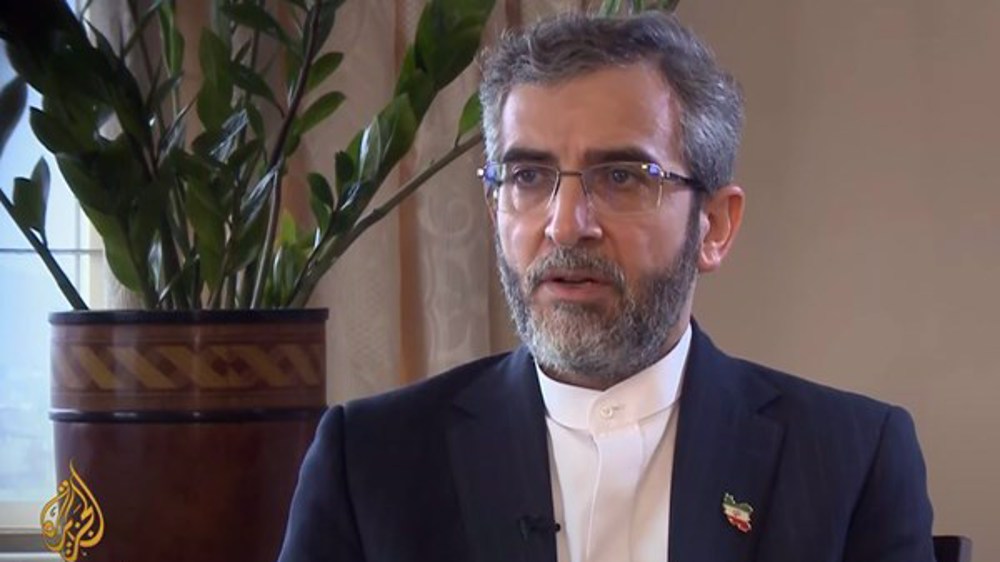
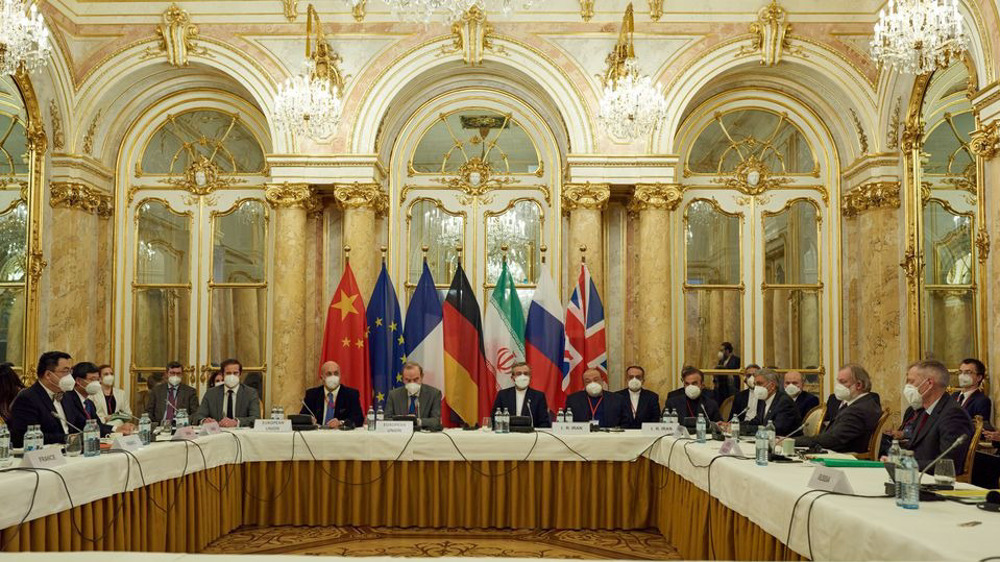
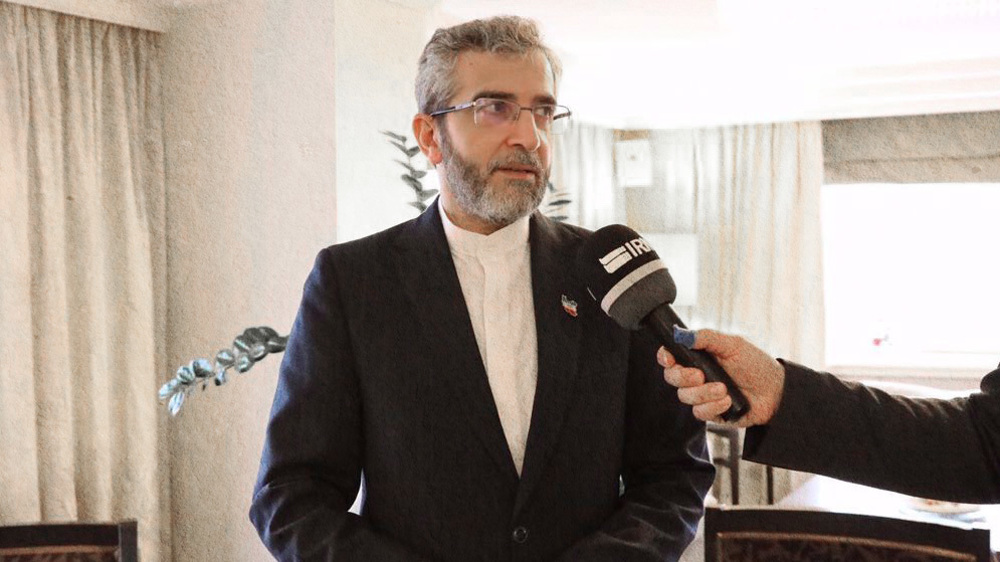
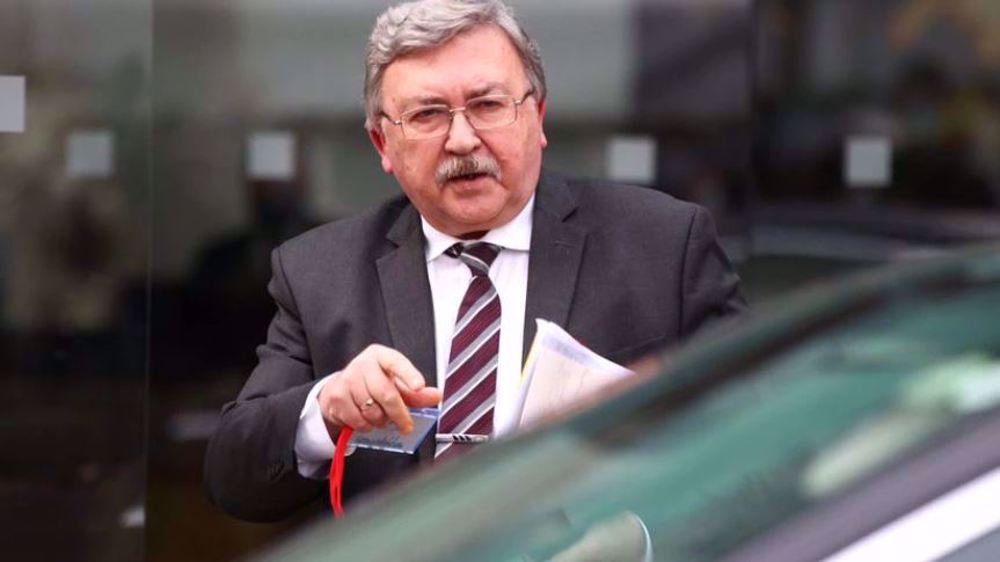
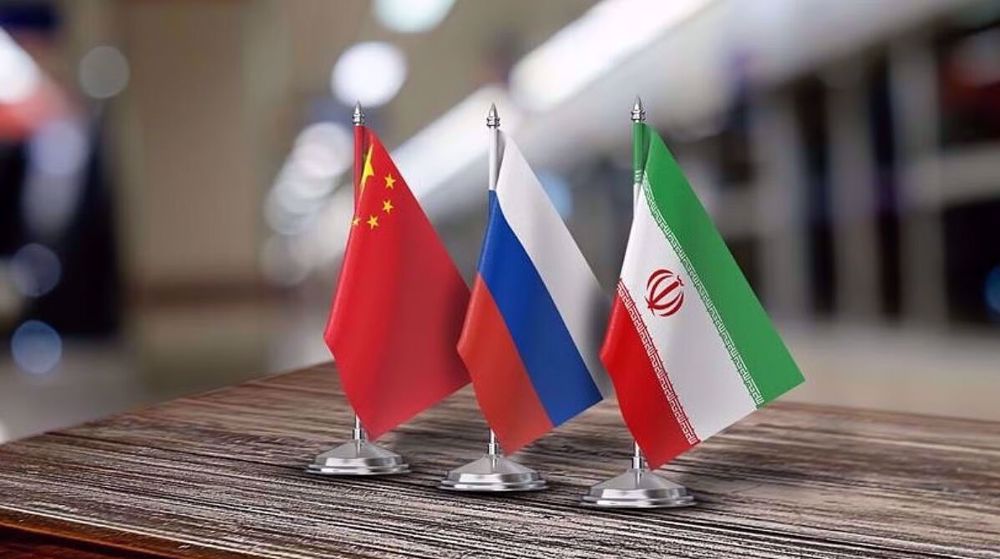
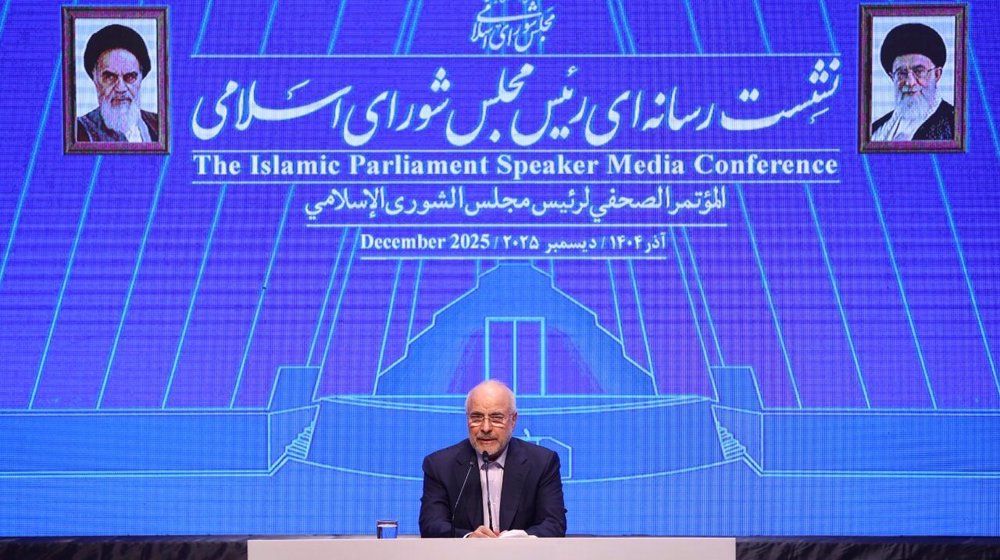
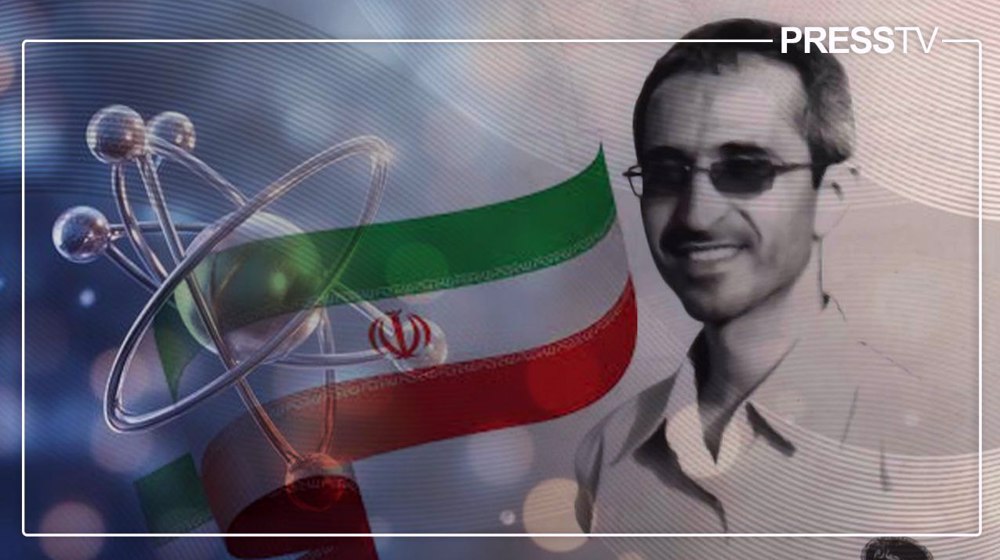




 This makes it easy to access the Press TV website
This makes it easy to access the Press TV website